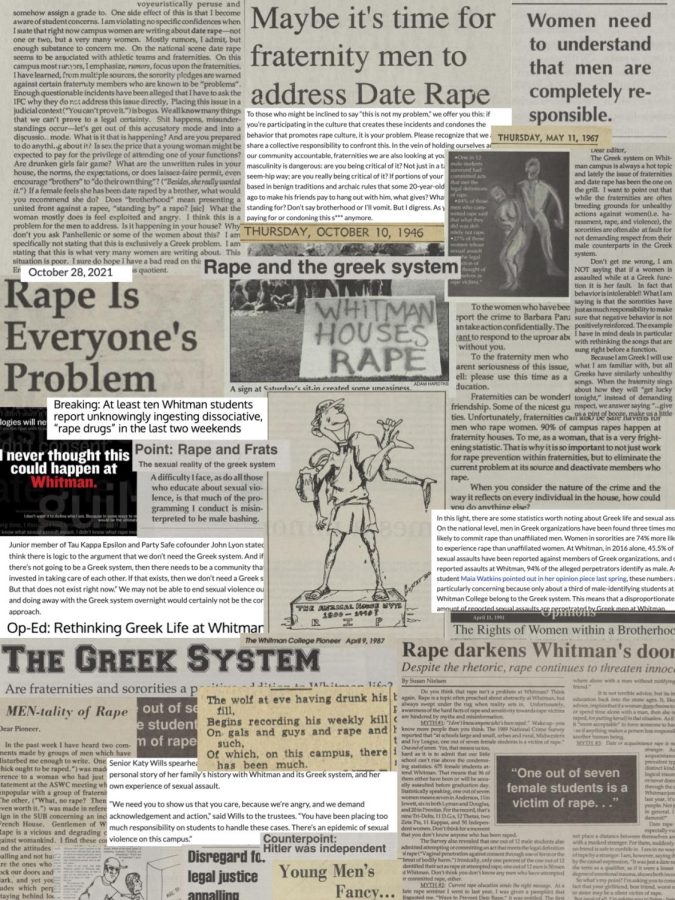Last week in a thoughtful, yet arguably misinformed piece, Caitlin
Hardee likened music piracy to ‘stealing your laptop and all of your
hard work.’ We can all appreciate how horrific an event that might
be, and the analogy certainly resonates with dominant conceptions of
the free market and intellectual property, yet, in this brief response
I’d like to advance an alternative understanding of piracy. First, I
readily acknowledge that my opinion falls far left of center, but I
ask readers to consider the substance of my arguments, not where they
might fall on a simplified and imaginary ideological scale.
On with the myth busting: One, stealing a laptop is theft of material
property, piracy, by contrast, replicates the content and leaves the
original intact. To continue using the analogy forwarded by Caitlin,
piracy might best be described as giving someone a copy of your paper
without asking for a capital reward. (That sounds oddly familiar,
doesn’t it?) Adherents of free market logic would argue that piracy
deprives artists of their hard earned profits. However, this
statement incorrectly assumes that pirates would acquire the same
amount of music had they been forced to buy it. From my own
experience, I can definitively say that I would not have even
one-third of the music I now posses had I been forced to buy it. So,
yes in certain instances I’m conceivably depriving hard-working artist
of their right to capital; yet the traditional business model of the
record industry is equally culpable of such a crime. Have you not
heard of the starving artist? Furthermore, Caitlin’s line of thought
inaccurately represents the opinions of a number of artists. In other
words, not all artists believe that music has a price. Jeff Tweedy,
of Wilco fame, noted at a solo performance at the New York library
that, “I should be paying you folks to listen to me.” In fact, over
ninety percent of the music I have download comes from a torrent
website that only hosts non-RIAA affiliated record labels.
None of this is to say that I believe artist should not be paid.
Instead, what piracy is asking us to do it to reconsider the manner in
which an artist makes ends meet. Around the world, countries are
coming to grips with this question in more productive ways than the
United States: In Spain, file-sharing has been legalized; in China,
Google pays record companies in exchange for the right to share songs;
in France, the Audionautes are currently working to adopt a ‘legal
license’ for file-sharing users. The license, theoretically similar
to ASCAP (American Society of Composers, Authors and Publishers) in
the States, would provide immunity to prosecution for copyright
infringement so long as the trading is noncommercial and the
file-sharer pays a flat fee, which would be distributed to artists and
producers. While it remains to be seen which of these placates all
parties involved, the important thing is to ask the question and to
stop pretending that the days of $20 CDs will ever return.
Next, McGuinn asserts that piracy leads to a dwindling diversity of
artists. This statement should give any reader pause: since when has
Clear-Channel, the epitome of corporate music, broadcasted diverse
artists? Quite to the contrary, file sharing of music has led to
millions of artists having a chance at exposure that was once limited
to the privileged, a cursory look at MYSPACE.MUSIC will prove so much.
Finally, we turn to McGuinn himself, and this I admit is where I have
the largest qualm with file-sharing. It is truly unfortunate that in
the recent years record stores have had to close, and the friendliest
faces of the industry: the local longhaired fellows and gals: have lost
their jobs. I feel a similar sympathy for the millions of workers in
Detroit, and if given the space, I would articulate a socialist remedy
for such problems, but alas, this is the Whitman College Pioneer. In
short, I would respond that these job losses are the very birth pangs
of a new era, and it is better to let the chips fall where they may
than to supporting an industry that continues to flounder in the face
of progress.
Galen Phillips, ’10

